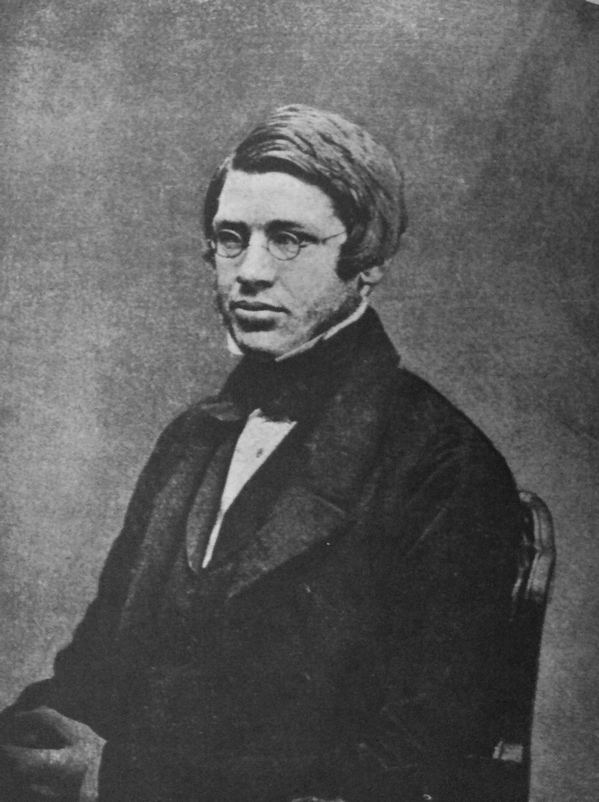The fossil fuel divestment movement has been called the fastest-growing divestment movement in history. Huge institutions such as the University of Glasgow in Scotland have committed to the cause after pressure stemming from student initiatives. It is time for the University of Manitoba to follow this progressive movement into the future.
Universities, like other large bodies, invest capital with the intention of having more returns for the future. The return of a greater sum occurs when the company invested in is successful and generates a profit. Fossil fuel companies are successful when they sell their oil, gas, or coal, which are, needless to say, burned and consumed – and are therefore destructive to the environment. The result of investment in fossil fuel companies is that investors have an interest in the burning of fossil fuels.
Divestment is the opposite of investment. In divesting, a university can declare that they do not have an interest in industries that contribute to ecological destruction.
Our environment is in disarray. The current level of carbon dioxide in our atmosphere is an all-time high 400 parts per million (ppm). Scientists tell us that we must reduce this to below 350 ppm to avoid catastrophic change in the living conditions of our planet. To do this we must cap our fossil fuel emissions.
Researchers from the University of Oxford and elsewhere have advocated for more than half the planet’s coal, oil, and gas reserves to be left in the ground to keep global warming below two degrees Celsius – that being another threshold that we cannot cross if we want to avoid catastrophic change.
Global warming is continuing to put our collective futures at serious risk. Public intellectuals such as Stephen Hawking and David Suzuki have spoken out against climate change, warning us of the dangers that await us.
In addition to environmental degradation, the continued expansion of the fossil fuel industry has negative social effects on First Nations communities. Fossil fuel companies continually infringe upon the treaty rights of First Nations, exacerbating the social problems that aboriginal communities already face. Many communities such as the Athabasca Chipewyan First Nation have taken stands against proprietors of the fossil fuel industry. The University of Manitoba prides itself as a champion of indigenous rights while at the same time contributing to their destruction through direct investments in fossil fuel companies.
This is only our current state. For a fossil fuel investment to be successful, these products must be burned, and more must continually be found and extracted to be burned in the future. The capital that is invested in companies is used in part to support the search for more fuel. It is also used by companies to transport oil by means that have been shown to be precarious at best and too often detrimental to the communities they pass through.
A relevant question was raised in a letter signed by 295 Stanford professors in support of divestment: “If a university seeks to educate extraordinary youth so they may achieve the brightest possible future, what does it mean for that university simultaneously to invest in the destruction of that future?” The truth is that the two are impossible to reconcile. If a university will not divest from fossil fuels, they are not seeking the brightest future for students. In fact, they are supporting a grim future for all.
The University of Manitoba must support our environment and First Nations communities by divesting from fossil fuel companies and supporting the environment. Is it not hypocritical of us to call ourselves “defenders,” “visionaries,” and “trailblazers” if our investments are contrary to the principles of a clean environment and indigenous rights? These campaign slogans seem disingenuous if we are not putting our money where our mouths are.
Although the reasons outlined above make a strong moral case for divestment, fossil fuel divestment also makes economic sense. A recent news article in the Guardian confirmed that fossil fuel free funds outperformed conventional funds by 1.2 per cent yearly according to MSCI, a U.S.-based provider of equity, fixed income and hedge fund stock market indices. Even former Shell chairman Mark Moody-Stuart said “divestment is a rational approach […] If you think your money can be used somewhere else, you should switch it. Selective divestment or portfolio switching is actually what investors should be doing.”
There are choices to be made in the near future that will have a great impact. The choices themselves are clear: we either take action toward a better future, or we allow our universities to support that future’s destruction. The right choice is clearly the former – we must choose to divest.
The fossil fuel divestment campaign at the U of M is spearheaded by Divest Manitoba, a student group under the umbrella of the University of Manitoba Students’ Union. The fossil fuel divestment campaign has gained significant momentum since council voted in favour of adopting the fossil fuel divestment campaign as proposed by Divest Manitoba and Fossil Free Canada, a campus-based fossil fuel divestment movement.
Currently, Divest Manitoba is in contact with over 50 professors to draw attention to the fossil divestment campaign. Divest Manitoba will also be organizing numerous events including a speaker series to discuss the divestment campaign throughout Canada.
Ian McDonald is the vice-president of Divest Manitoba.
Astitwa Thapa is the vice-president external of the University of Manitoba Students’ Union and president of Divest Manitoba.




